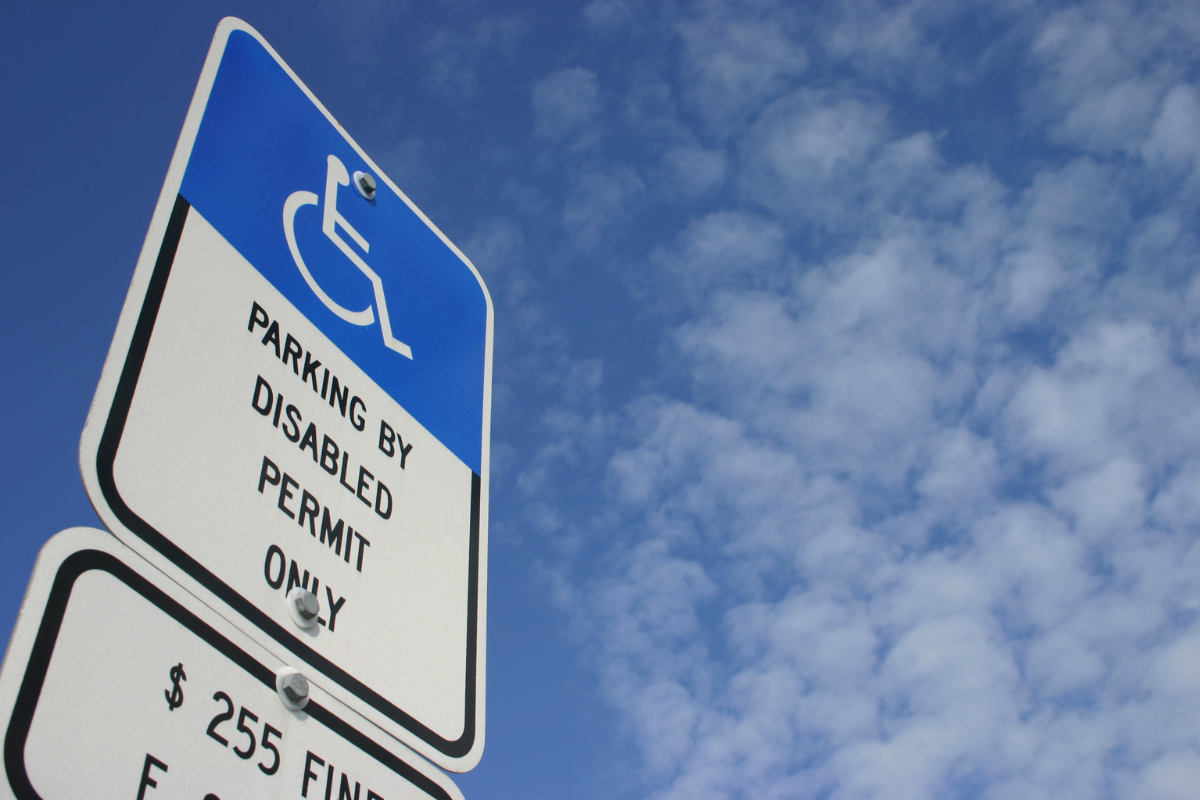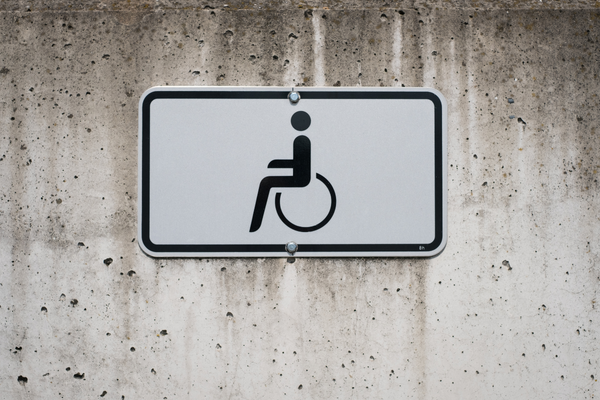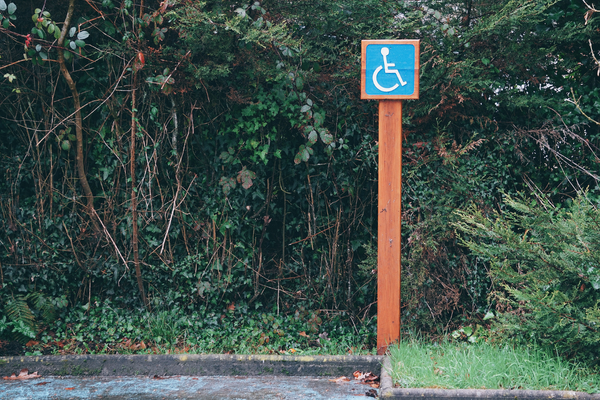1/14/25 - Home care, education, and more on disability and disasters


Before getting to today's links, I want to highlight some of the other parts of this new website for Disability Thinking Weekday. If you click the link here for the Home page, you will see a menu of other pages, including:
About - Explaining what the site and newsletter are for, and a bit about me.
Articles - Links to articles by me in other publications over the last several years.
Supporters Page - A list of people who have provided financial support through paid subscriptions.
Recommendations - A pop-up listing of disability-related websites and content creators I like.
Also, please note that comments are now open for all newsletter posts.
Thank you for reading. Here are your three links for this Tuesday:
The Labor Crisis Putting People With Disabilities at Risk
Isabel Ruehl, The Nation - January 10, 2025
"In 2023, the average turnover ratio for DSPs was 40 percent, with 87 percent of DSPs staying on the job for fewer than 36 months. The vacancy rate for full-time positions was as high as 18 percent ... And because of such ongoing shortages, in the past year, nearly three-quarters of respondents had to turn away new referrals. In 2024, over half a million people with intellectual and developmental disabilities were on their state’s waiting list to receive services, with nowhere to go. Usually this means remaining in family homes, with no support beyond cobbling together care from private networks. Others—who may not have family, or who have needs that the family is unable to support—often wind up in hospitals, psychiatric centers, or homeless shelters."
Until recently, most advocates for expanding home care, (as the main alternative to nursing homes and other institutions), tended to focus most on expanding eligibility, affordability, and self-direction – and less on maintaining and expanding the supply of people to do the work of home care. In fact, shortages of available home care workers was often cited as a reason not to promote home care itself. It's bad that home care worker shortages are so bad now. But it's good to see that the user side, provider side, and worker side of home care are at least closer to being on the same page. And this article does a good job of explaining the situation from all perspectives, and providing some valuable historical context.
Project 2025’s Plan to Dismantle Public Education—And Screw Over Disabled Kids
Julia Métraux, Mother Jones - January 13, 2025
"The Department currently funds, supports, or regulates countless aspects of disabled kids’ education in public schools, particularly those who receive accommodations under Section 504 of the Rehabilitation Act and the Individuals with Disabilities Education Act. Those acts protect all students’ right to disability accommodations known as 504 plans and Individualized Education Plans, respectively—a right 8.4 million students count on—and, in the case of the IDEA Act, fund up to 40 percent of the costs."
One of the reasons why advocacy for public education of kids with disabilities has often been weak and disorganized over the years is that many parents of disabled students – and disabled adults who once were disabled students – are deeply dissatisfied with public education. This dissatisfaction can lead in at least two vastly different directions. One is to advocate for stronger enforcement of disability rights laws and educational mandates by schools, state education departments, and the U.S. Department of Education. But another way that some parents turn is to give up on public education – which in some cases may be understandable if their schools have clearly failed a disabled child. Unfortunately, as this article explains, turning to voucher-funded private schools is often even more of a disappointment. Vouchers and "block grants" with no strings attached don't work for individual disabled kids and their families, and they weaken education for all disabled students by draining money away from schools that are trying to do it right. Hopefully, if the Trump administration does try to dismantle federal oversight, the broader disability community – include parents of disabled students – will be able to put some of their reservations and disappointments aside and defend the imperfect education system, so we can continue to make it better rather than trashing it in favor of vague promises of something better.
Disability & Disaster Hotline
The Partnership for Inclusive Disaster Strategies
"The Partnership’s Disability & Disaster Hotline provides information, referrals, guidance, technical assistance and resources to people with disabilities, families, allies, and organizations assisting disabled disaster survivors and others seeking assistance with immediate and urgent disaster-related needs."
Here is a follow up to yesterday's links on the Los Angelas wildfires and the state of disaster preparedness for people with disabilities. The Partnership for Inclusive Disaster Strategies has been around for many years. It's one of the very few leaders in disaster assistance and preparedness for people with disabilities in the U.S. And its 24 hour hotline is an absolutely essential resource. It's also a non-profit organization you can give to in times of crisis, like the L.A. fires, that will specifically help disabled people.
Disability Thinking Weekday is a Monday-Friday newsletter with links and commentary on disability-related articles and other content. Please like, share, comment, and subscribe — for free, or with a paid subscription. Benefits of paid subscription include:
- A monthly recap with links to all of the previous month's shared articles, organized by topic.
- Listing as a supporter, and a link to your website if you have one.
- You can recommend one disability-related article for me to share per month in a weekday post.
I am so grateful for your help and engagement, in whichever forms you choose!



